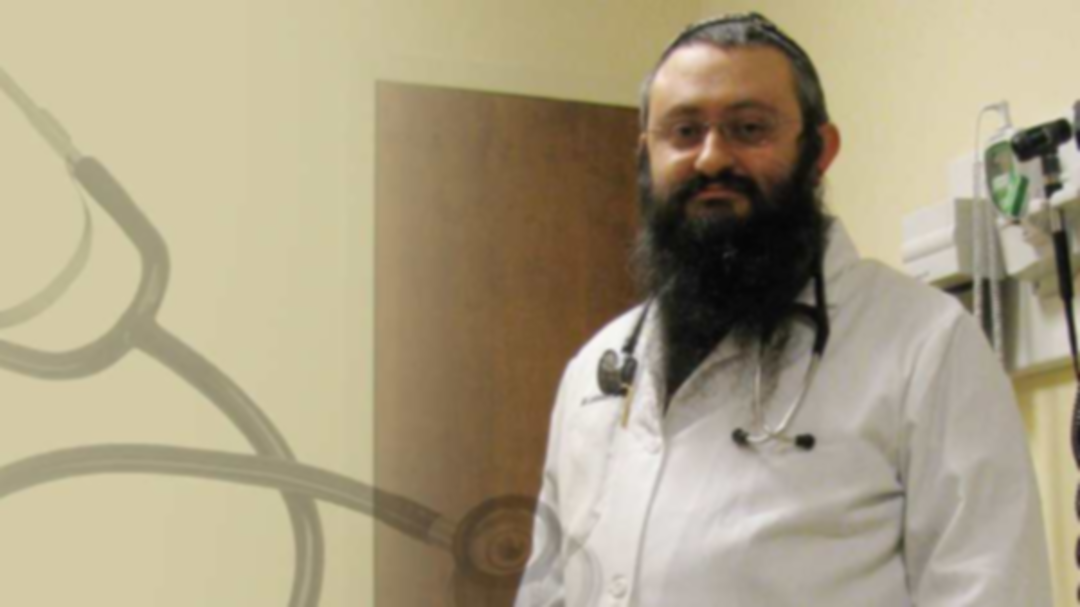-
New York doctor touts use of hydroxychloroquine as coronavirus treatment

A New York doctor says he has successfully treated coronavirus patients' symptoms using hydroxychloroquine sulfate, zinc, and azithromycin.
Dr. Vladimir Zelenko is a registered family doctor in Monroe, New York, where he runs two clinics and has said he has successfully treated respiratory symptoms of 699 coronavirus patients using a cocktail of the drugs, including the antimalarial drug hydroxychloroquine, a derivative of chloroquine.
Zelenko said shortness of breath in patients subsided within four to six hours after treatment. He said that none of his patients had died or required intubation and four had been hospitalized.
On Sunday, the US Food and Drug Administration (FDA) authorized the use of the two antimalarial drugs, hydroxychloroquine, and chloroquine for limited emergency use.
“In a statement published Sunday, the US Department of Health and Human Services detailed recent donations of medicine to a national stockpile – including chloroquine and hydroxychloroquine, both being investigated as potential COVID-19 treatments,” AFP reported.
Despite being controversial, Zelenko is confident in the treatment and said it has been 100 percent effective. It costs $20 for over five days.
Chloroquine’s use, which is also used to treat lupus and rheumatoid arthritis, is debated as it can have toxic side effects and has been made illegal in at least one country. The World Health Organization has not approved its use for symptomatic treatment of coronavirus.
Some medical professionals are wary of the drug’s use, and there are no clinical trials that prove the drug’s efficacy. Dr. Anthony Fauci, the US’s top infectious disease expert, has said that without a clinical trial, no definitive statement can be made on the drug’s effectiveness.
And small trials on the drug’s efficacy have split results. One French study of 80 patients found a combination of hydroxychloroquine and azithromycin was effective in treating COVID-19 patients. But in China, a study published in the Journal of Zhejiang University found no difference in the ability to fight off the virus between patients who did and did not receive hydroxychloroquine. The study included 30 patients, and 15 were given the drug. After a week of treatment, 13 tested negative; of those who did not receive treatment, 14 tested negative.
Regionally, Bahrain has used hydroxychloroquine to treat sick patients.
Hydroxychloroquine “is reported to have had a profound impact when used to treat the symptoms exhibited by active COVID-19 cases,” state news agency BNA reported.
Chloroquine was first developed in the 1940s to treat malaria. In 1949, it was approved by the FDA for this specific use.
A 2005 study found that chloroquine could prevent the spread of the SARS-CoV, commonly known as SARS, virus in primate cells grown in a lab. The novel coronavirus or SARS-CoV-2 is from the same family of coronaviruses as SARS-CoV, and treatments for the novel coronavirus could be similar to those used for its predecessor. levant
source: Lauren Holtmeier levant
You May Also Like
Popular Posts
Caricature
opinion
Report
ads
Newsletter
Subscribe to our mailing list to get the new updates!






















